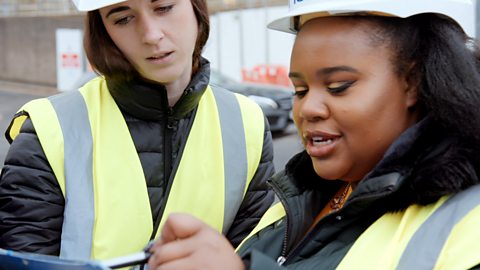Meet Ben. He's 27 and lives in north Yorkshire. He's the co-founder of a company called StratoBooster. They test space launch systems. Part of our Bitesize world of work series.
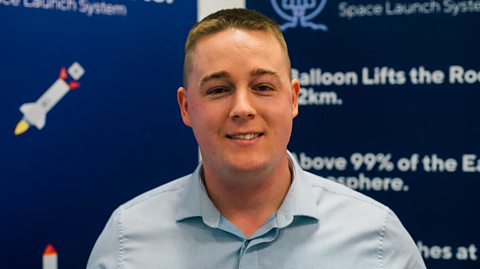
My favourite part of this job is when we do rocket testing - it's always fun to see a rocket go off!
What does your job involve?
StratoBooster, the company that I co-founded, runs a small space launch system. We use balloons to take small rockets (about 30 - 40 cm long) up to a high altitude and send small satellites into space.
I deal with a lot of the technical engineering, as well as the business side, such as writing applications for funding, dealing with finances and clients.
Day-to-day, I do a lot of computer software testing and analysing potential products. I use software to test the rockets in flight, looking at things like temperature and pressure. I also use another software to test which materials work best for the rockets.
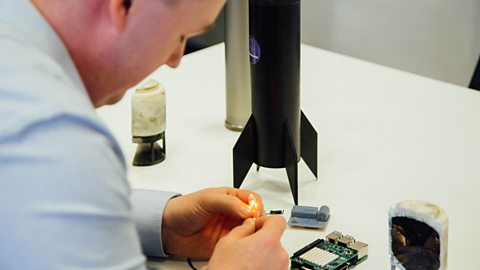
What skills do you use in your job?
I use a lot of the maths skills that I learnt in school, for example, algebra, statistics and trigonometry. I use my Physics knowledge too, as well as the Design and Technology that I learnt at GCSE. Computer skills are also important.
In terms of soft skills, time management is really important – I try and break up my tasks throughout the day. I also use leadership and people management skills as I manage interns and supervise engineers. I need good organisational skills to keep in contact with so many people.

Was this a job you always knew you wanted to do?
No! My Dad was in the Royal Air Force, so I always thought I’d be in the military. For personal reasons, I couldn't do this, so I became a lifeguard. I did this job for many years, but found that it wasn't right for me.
So, I started military training with the Royal Marines, but after three months I realised that that wasn't the right fit either. I decided that I wanted to do military aircraft engineering instead. To do this I would need to go to university.
At university, I was involved in managing a student project. We wanted to enter a competition and our company has developed from that.
What was your educational career path?
I took History, Geography and Resistant Materials at GCSE. I then went to college and did a BTEC in Uniformed Public Services with the aim of joining the armed forces, but this didn't happen.
Later on, I tried Royal Marine Training, but left to go to university when I had a better idea of what I wanted to be. I did an engineering foundation year and am now in my final year studying Aerospace Engineering.

Top tips
When I left college and I didn’t get into the military, I was in and out of jobs for a while. It hasn't been an easy ride to get where I am now. Don't give up
Don’t rush into university. At 18, I never imagined that I’d be going to university – it took me until 23 to realise what I wanted to do
Networking is really important when you're setting up a business. Try not to be shy and speak to as many people as you can.

What to expect if you want to be an engineer
- How many people work in the engineering sector?
- What can you earn in different roles?
- What routes can you take to get in?
- Is the demand for engineers expected to grow in the future?
Watch the film to find out the answers to these questions, and much more!
Other resources
- See what type of engineering role might suit you with the
- Find out more about the different areas of engineering with this
- Learn more about roles in engineering with the
- Discover a practical new way to study via .
For careers advice in all parts of the UK visit: , , and .

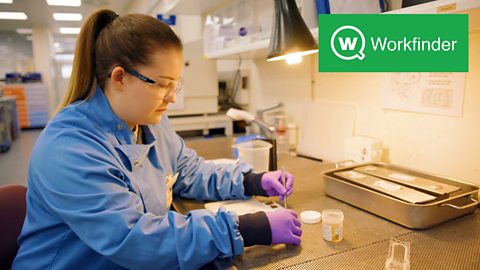
Find work experience placements with Workfinder.
Tips and advice
Help with interviews, writing a CV and all things work experience related.


How to become an engineer. collection
Find out more about the engineering sector and how those currently working in it got their foot in the door.
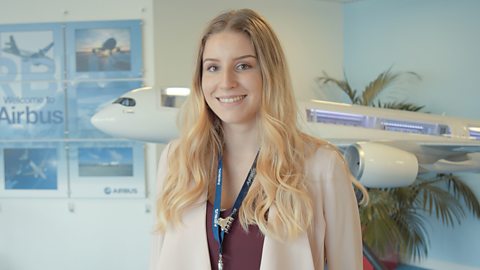
Jack: mechanical engineer
Jack's a mechanical engineer in a timber mill.
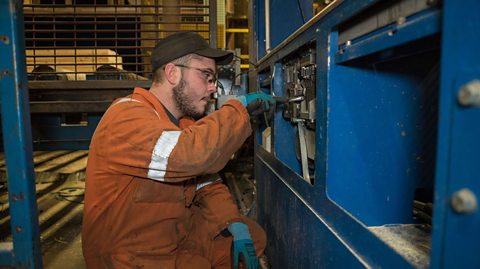
Jasmine: apprentice engineer. video
Jasmine is an apprentice engineer on the HS2 rail link.
